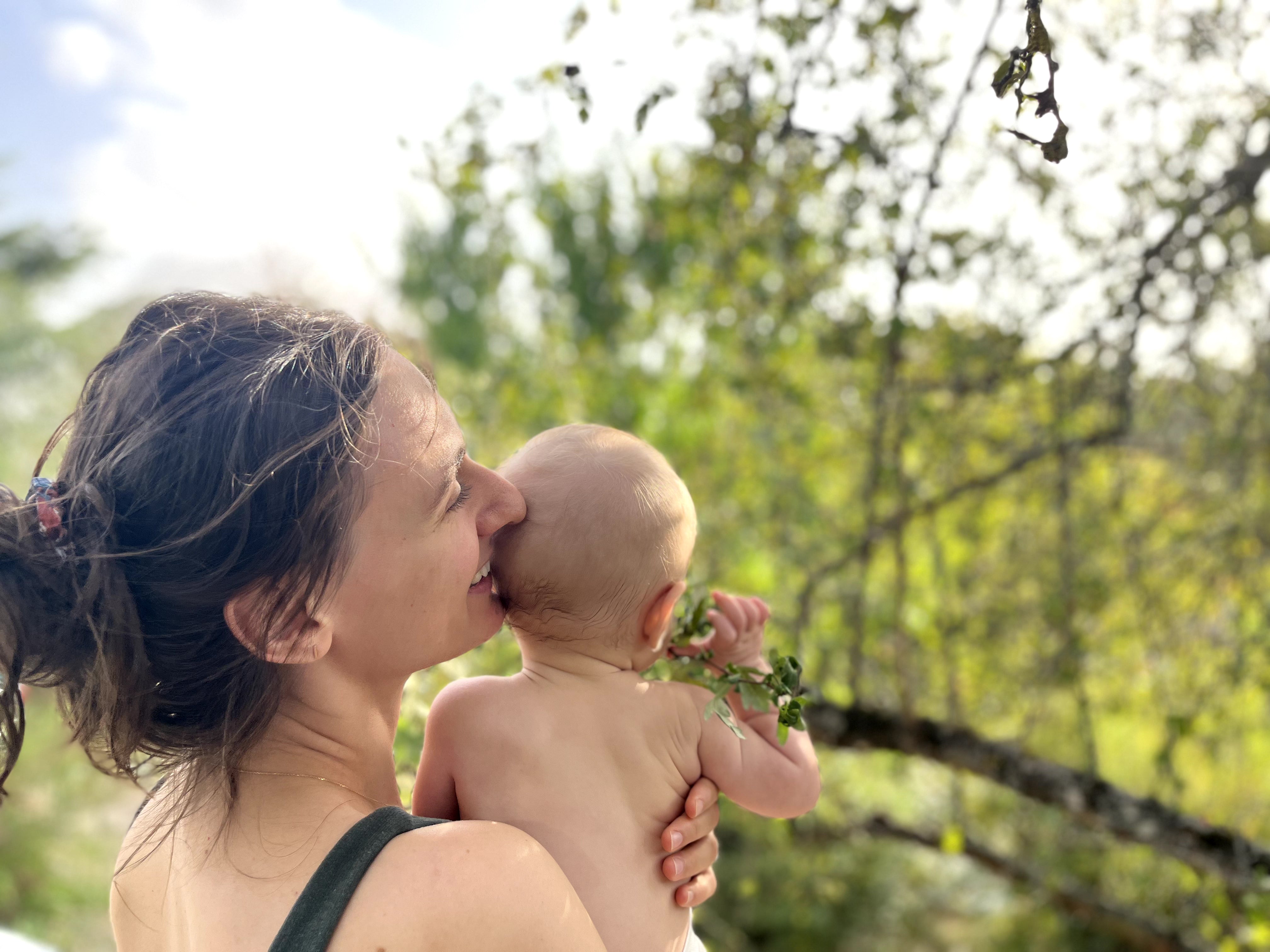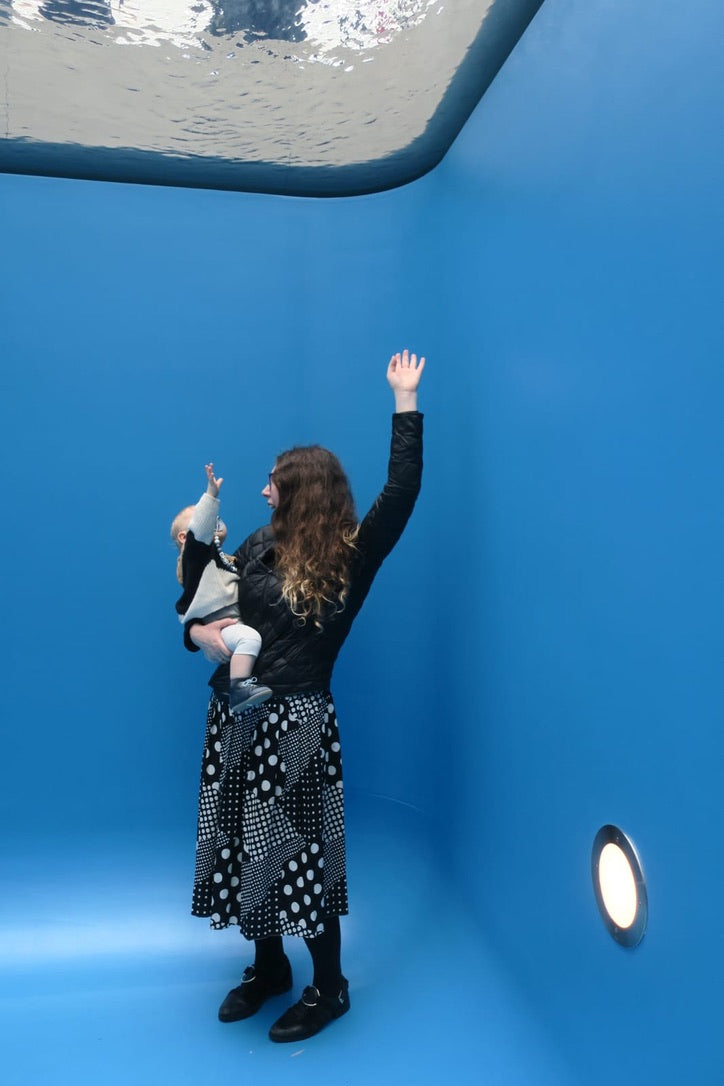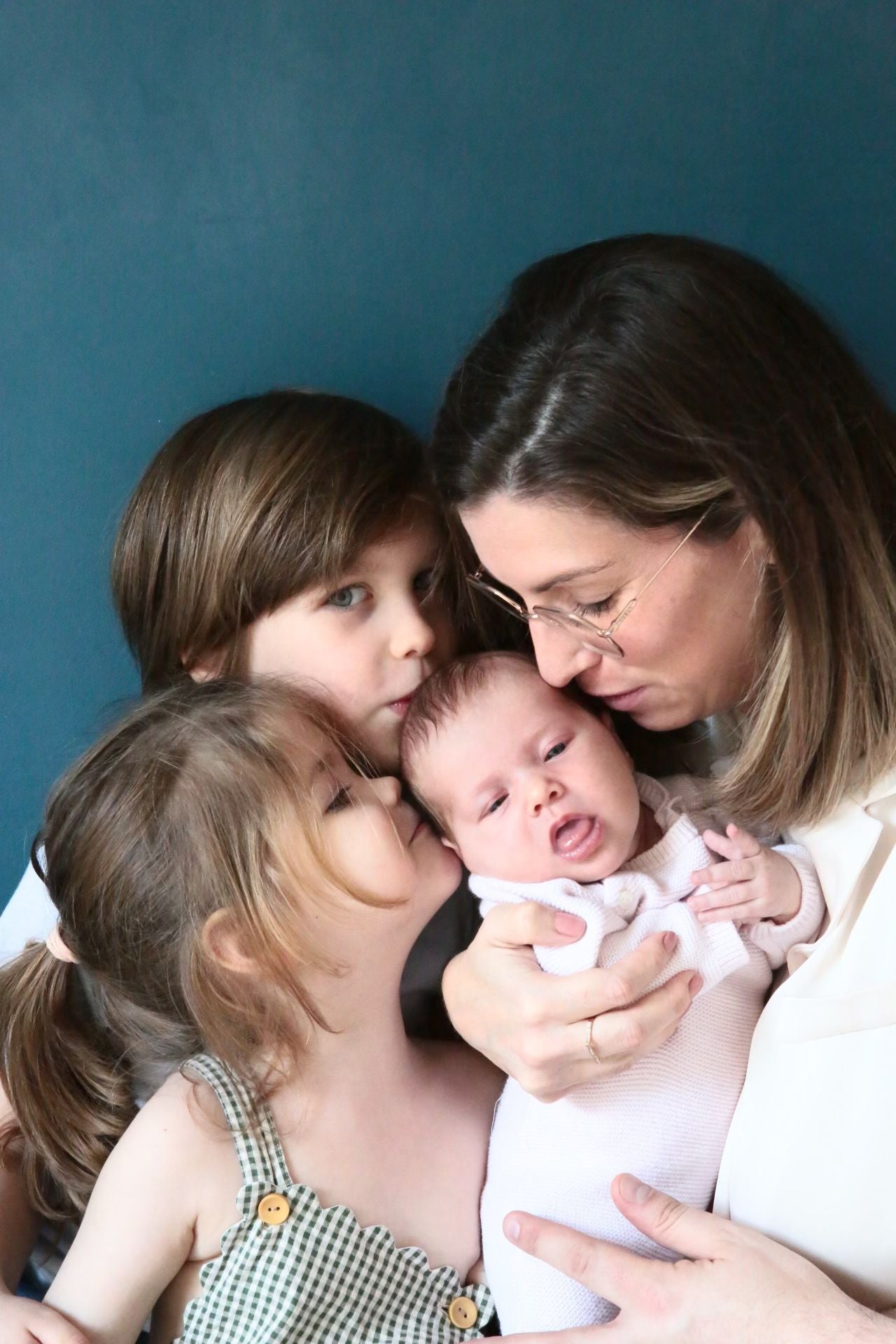
Expert Talk N°1 : Laura, general practitioner
Can you introduce yourself? What's your first name? What's your profession?
My name is Laura. I'm a general practitioner. I'm also the mother of a 5-month-old boy.
As a professional, what is your vision of early childhood? How do you approach it in your practice?
For me, early childhood is a time of great vulnerability. In medical school in France, we don't talk much about it, except in terms of infectious diseases. Unfortunately, early childhood is reduced to curative care, i.e. infantile illnesses, fevers, ear infections, colds and all the little ailments that infants can have. In the end, we don't take much account of the environment. However, some midwives are much more focused on this preventive aspect.
Actually, I became interested in it through my role as a mother. For example, I trained myself on the subject of endocrine disruptors in perinatal care.
Why do babies need special care products?
Babies' skin is like a sponge. Cellular development is in full swing. It's very fragile, and therefore requires special care.
It's important to remember that this early stage of life will condition our future health. We now know that exposure to a large number of endocrine disruptors from a very early age will have an impact on the entire functioning of the endocrine (hormonal, in other words) system, which is THE regulator of our organism. Reduced fertility and reproduction are two areas in particular where we're looking for direct evidence of causal links.
We must therefore pay close attention to product composition, and use formulas with ingredients clearly identified as safe for babies.
What care advice do you give to young parents?
It's important to remember that medical recommendations change regularly. In other words, what was said 30 years ago is not the same as what was said 20 years ago, nor is it the same today, let alone ten years from now.
Knowledge is evolving, but we still don't know everything. Ten years ago, there was a lot of talk about the use of cleansing creams, for example. It's a no-rinse product that stays on the skin. Today, things have changed. My advice is simply to replace it with water (and use a rinse-off cleanser if necessary, or wait until bath time to cleanse properly, depending of course on the situation).
Following the principles of "primum non nocere" medicine, I advise parents to use as little as possible. Only use products we have no doubts about, with reliable compositions.
I realized that a few years ago, I was prescribing moisturizing cosmetics whose formulas still contain many endocrine disruptors. I've completely stopped prescribing them.
Our role as doctors is first and foremost to reassure parents and help them weigh up the benefits and risks of a given product.
How do you think care can contribute to the development of our babies/young children?
It's obvious that skin care contributes to the development of a child and/or infant. The skin is an organ covered with receptors. Skin care encourages relaxation, well-being, soothing and exchange. This will strengthen the child-parent relationship, and all this will help the child develop motorically but also psychologically. Because, in the final analysis, by carrying out this care, the child will be able to become aware of his or her own body. And all this is only beneficial for the child and his parent.




